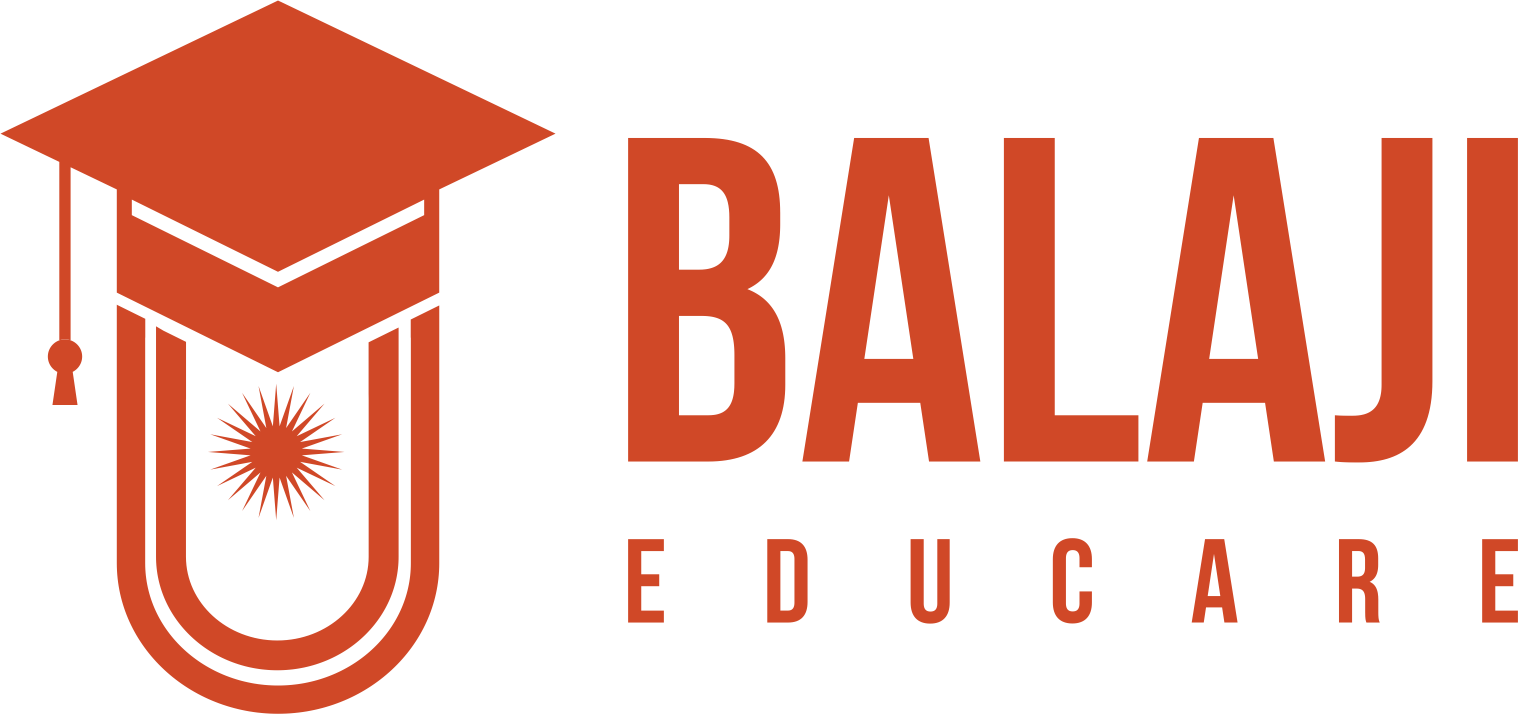CFA Explained: Meaning, Massive Scope & Why It Matters
Table of Contents
The Chartered Financial Analyst (CFA) designation is a globally recognized credential offered by the CFA Institute. It is one of the most respected finance certifications in the world, especially valued in investment management and financial analysis. The program equips individuals with in-depth knowledge in key areas like investment tools, asset valuation, portfolio management, ethics, and economics. It focuses on building both practical skills and a strong ethical foundation—qualities that are highly sought after in the finance industry.
In short, the program is designed for those who want to demonstrate expertise in financial analysis and commitment to professional excellence.
Who Offers the CFA Program?

The program is administered by the CFA Institute, a global non-profit organization dedicated to promoting the highest standards of ethics, education, and professional excellence in the finance profession. The institute sets the curriculum, conducts the exams, and enforces a strict code of ethics for all charterholders.
What Does the CFA Program Include?
The program is structured around three levels, each of which builds on the previous one. The curriculum covers a wide range of topics such as:
- Ethical and Professional Standards
- Quantitative Methods
- Economics
- Financial Reporting and Analysis
- Corporate Finance
- Equity Investments
- Fixed Income
- Derivatives
- Alternative Investments
- Portfolio Management and Wealth Planning
Understanding CFA Charterholder Meaning
The charterholder designation goes beyond passing a series of exams. It represents a commitment to high ethical standards, deep financial knowledge, and global recognition in the investment industry. Charterholders are viewed as trustworthy professionals capable of making informed, responsible financial decisions.
Holding this designation signals that a professional has mastered investment principles and can operate confidently in dynamic financial markets. It also shows potential employers a serious level of dedication to the finance profession.
Why Become a CFA Charterholder?
There are multiple reasons finance professionals aim to earn the charter. It enhances credibility, opens new opportunities, and keeps professionals aligned with current industry standards. Here are some key advantages:
Diverse Career Paths
From equity research and asset management to risk analysis, investment banking, and consulting, charterholders find wide-ranging roles. For anyone building a global career in investment management, this designation is a game-changer.
Up-to-Date Industry Knowledge
The curriculum evolves continually with changes in global finance, technology, and regulations. This ensures that charterholders are equipped with current, applicable skills and knowledge.
Professional Credibility
Charterholders receive globally shareable digital credentials and badges, which help demonstrate commitment, expertise, and high ethical standards across professional networks.
Global Recognition
The charter is one of the most portable finance certifications in the world. Recognized in over 160 countries, it facilitates career mobility and cross-border job prospects.
How to Become a CFA Charterholder
The exam structure is designed to assess a candidate’s technical knowledge, analytical skills, and decision-making ability. The journey includes passing three levels of exams, gaining work experience, and applying for membership.
Step 1: Pass the Exams
Level I: Covers foundational topics such as ethics, financial reporting, economics, and quantitative methods.
Level II: Focuses on financial analysis, valuation techniques, and the application of investment tools.
Level III: Specializes in portfolio management, wealth planning, and investment strategy using real-world scenarios and case studies.
All levels are computer-based and must be passed sequentially.
Step 2: Gain Relevant Work Experience
Candidates must complete a minimum of 4,000 hours of relevant work experience over at least 36 months. This experience should involve investment decision-making or roles that contribute to that process.
Step 3: Apply for CFA Institute Membership
After completing the exams and accumulating the required work experience, candidates must submit a formal application to the CFA Institute. This includes 2–3 professional references who can verify work history and ethical conduct.
Step 4: Earn the CFA Charter
Once the membership is approved, the candidate officially earns the title of charterholder—a mark of high achievement, professionalism, and industry readiness.
Who Should Pursue the CFA?
The designation is ideal for:
- Finance graduates looking to deepen their expertise
- Investment professionals aiming for career growth
- Individuals considering a career switch to finance
- Anyone committed to ethical and analytical excellence in financial decision-making
Career Scope for CFA Charterholders
Charterholders are well-positioned for a variety of roles, including:
- Portfolio Manager
- Equity Research Analyst
- Risk Manager
- Investment Banker
- Wealth Advisor
- Financial Consultant
- Corporate Financial Analyst
Conclusion
For individuals committed to building a long-term career in finance—especially in fields such as investment management, financial analysis, or portfolio strategy—this designation stands out as one of the most valuable qualifications. It combines rigorous academic knowledge with practical skills, all underpinned by a strong emphasis on ethical standards. Earning the charter demonstrates a serious commitment to excellence and professionalism in the financial industry.
Start Your Journey Today
The charterholder designation goes beyond passing a series of exams. It represents a commitment to high ethical standards, deep financial knowledge, and global recognition in the investment industry. Charterholders are viewed as trustworthy professionals capable of making informed, responsible financial decisions.
Holding this designation signals that a professional has mastered investment principles and can operate confidently in dynamic financial markets. It also shows potential employers a serious level of dedication to the finance profession.
Interested in pursuing one of the most respected finance certifications in the industry?
Enroll in expert-led prep courses at Balaji Educare and take a confident step toward building a rewarding, future-proof career.

